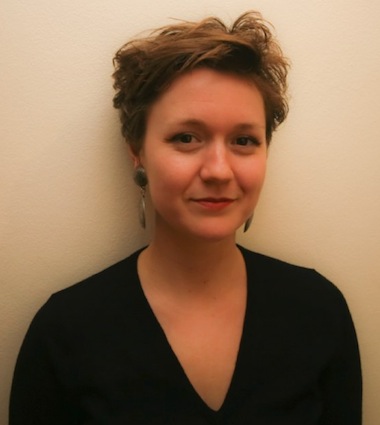A poem by Bonny Cassidy

Suite from Final Theory
“… in this language there is nothing weird about the histories of physical systems.” (Steven Weinberg, “The Universes We Still Don’t Know”)
1.
Understudy/starring
At dawn, the mess of trees produced stars.
The radio news gave thanks for another — found the week before, 300 times our sun.
They said it could be hauled closer, to understudy our panting source. In classrooms
children drew the procedure, of colossal ropes and lake-sized mirrors.
As morning dropped
the stars forced through the leaves, joining together
inhaling space.
Once during a Roy Anderson film I saw celluloid burn that way.
First, the sound departed and the room went still; then, the shimmering
rocking screen like heated oil; before a dark pupil burst the scene and
grew.
*
They stopped the moon.
After the tide, paddocks were styrofoam pinned with spines of radiata; odd stumps,
caked with gold to bring their detail up on tourist film. Without its flow the coast
halted, and let them hold the soil together a little longer. We all lost that sinking
feeling.
Over the curve rolled the rhythms of jets.
From the passenger windows,
the unmoved detritus of the old harbours, and a soft floodlit earth.
2.
There are only layers, stuck through with time’s arrow like a Valentine.
Its splinters sinking
distant resolutions
to return
shear
to the water,
cumulus sponge
X
Through, down to the drift valley
of twisted, scissored glass
its grains itch
X
White speed, sleepless piff.
We woke to cars
churning the road
from mountain to sea.
3.
The Dependency
The sea bloomed under 3 million tones of desert dust — its low bed drove
right off the coast onto the waves, seeding itself.
The sea will come back to us, if we can wait. Don’t die, you say.
I shrug, Okay. I’ll wait until the desert breeds tides; your camera might sink
but we’ll be the negative itself, the holotype.
*
As the peak dragged away, a few strands of hair
clung to its back
crackling the radio to dust.
The wires traversing its wake zone
so strong at first
cut into gradual forgetting.
They gestured to a final perspective
End-point was only an idea, though, which dissolved
the sharpening arrival of the distant
ranging sheet of light.
*
We took the desert road.
Reluctantly handing up its palms of fire, the plain of hard blonde grass
for the purposes of (light) was white and black, on black.
The road slunk. Movements on the tar
wormed their way brightly to the other side, seeking a spot beyond the dislodged
crust. We crossed a few
facing the peak
on their chests, eyes downcast against the red.
*
Raw trajectory rendered imagination redundant; the speculative line had no place.
That new space was dense with actuality. Its absurd dimensions became acceptable;
for instance, everything was middle ground.
Distance arrived from above and stayed until cloud locked us in.
*
I went into the centre of the cloud.
I waited.
The floor closed, held and closed.
It might have been a grinding cave.
The below-ahead.
Already the floor had opened.
I had given east and west. I had parted into.
*
Clearing: one way, the scorched basin, the spring
after the catastrophe; another, woundedness, its open-ended reasons
making disaster run.
Filling: both islands are paths.
Our images will ride once/now/then/there/oh.
A version of these poems was first published in Young Poets: An Australian Anthology (ed. John Leonard, John Leonard Press, 2011).
Edited by Pam Brown